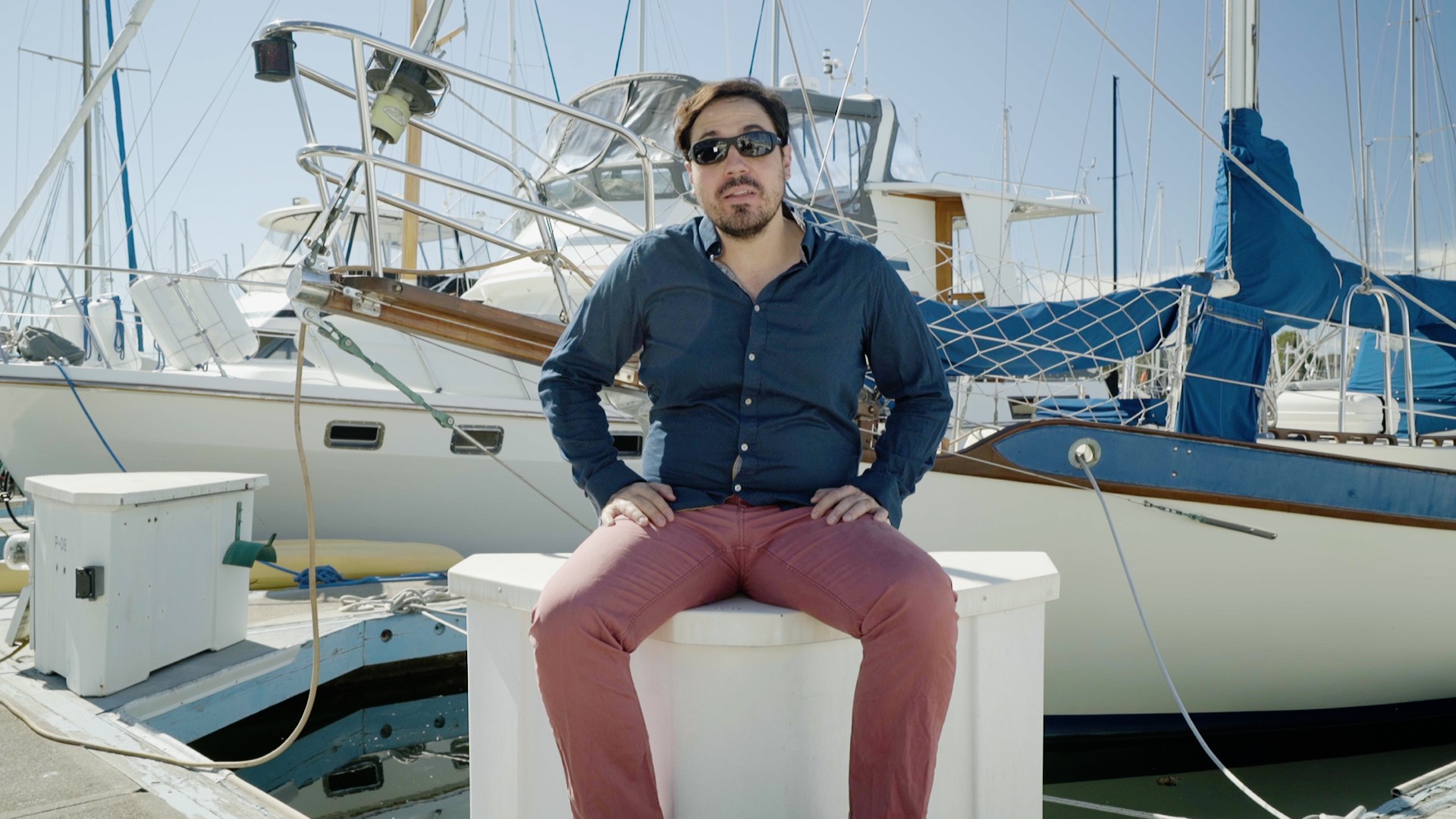Facebook will send a “task force” of fact checkers to Italy before the critical general election next year to tackle the spread of fake news after a major political leader warned that “the quality of the democracy” in the country hangs on the social networks’ response to the threat.Matteo Renzi, the leader of the Democratic Party and the country’s former prime minister, is making the spread of disinformation on social networks central to his campaign. He took part in a conference in Florence over the weekend to highlight the problem.“We ask the social networks, and especially Facebook, to help us have a clean electoral campaign,” Renzi told the New York Times. “The quality of the democracy in Italy today depends on a response to these issues.”The ruling Democratic Party is worried that voters will be swayed toward the populist Five Star Movement, an anti-European Union group that has surged in popularity in recent years. The vote has wider implications for the stability of the region, given that some believe Italy could follow the U.K. out of the EU.Renzi’s comments come in the wake of a BuzzFeed investigation last week that exposed a network of news websites that were spreading anti-immigrant news and disinformation on Facebook.The Democratic Party pointed the finger at the Five Star Movement, whose pro-Russian, anti-establishment and anti-immigrant agenda has driven its ascendance to Italy’s most popular political party, amid a rise in populism around Europe and in the U.S.The Democratic Party highlighted pictures posted last week on websites supportive of the Five Star Movement, that falsely suggested a government minister appeared at a funeral to mourn Salvatore Riina, the murderous Mafia boss.Five Star leader Luigi Di Maio dismissed the claims and instead called for more scrutiny of fake news on Facebook, arguing for independent monitors from the Organization for Security and Cooperation in Europe (OSCE) to oversee next May’s general election.“The problem of fake news exists, and we think it is necessary to have the OSCE monitor news and political debate during the election campaign,” Di Maio, 31, said Sunday on his personal Facebook page.But Renzi rejected those calls.“Di Maio says he wants to call up OSCE monitors. Why doesn’t he call up U.N. peacekeepers and the Red Cross? And while he’s at it, why not telephone (his associates) who are continuing to post this filth?” Renzi told the conference Sunday.Facebook did not immediately respond to a request for comment on what it plans to do ahead of the Italian election.According to sources speaking to the New York Times, the company’s representatives have told Italian officials that they are planning to dispatch a “task force” of fact-checkers to address the fake-news problem.Italian politicians have long petitioned Facebook to do more to tackle the problems of hate speech and disinformation. In February, the president of the Italian parliament’s lower house Laura Boldrini penned an open letter to Mark Zuckerberg, saying: “I strongly believe that fake news is harmful for people and is often the antechamber of hate speech.”She added that Facebook had provided “little cooperation” to Italian authorities in comparison to their work in France and Germany.Facebook has been under intense scrutiny on both sides of the Atlantic for facilitating disinformation campaigns operated by troll farms with close links to the Kremlin. As well as meddling in the U.S. election using fake Facebook accounts to spread disinformation, Russia is accused of attempting to undermine the French and German elections this year and interfering with the outcome of the Brexit vote in the U.K. The Kremlin has denied all such allegations.Following the BuzzFeed investigation, Facebook did shutter some of the sites spreading anti-immigrant and nationalistic content, but this led Davide Colono, a member of the family that managed the sites, to say the decision was “against the freedom of the press.”Some members of the Democratic Party have called for legislation to be enacted before May to limit the spread of disinformation. However, David Kaye, a U.N. special rapporteur on freedom of speech, said because we don’t yet have a real grasp on the scale of the problem in countries like Italy and elsewhere, we should be wary of giving governments the power to limit free speech.“The U.N. and human rights groups know that restrictions on expression, particularly when we are dealing with disinformation, can often be used to target deceptors and minorities rather than [targeting] the real problems we are talking about,” Kaye told VICE News.
The Kremlin has denied all such allegations.Following the BuzzFeed investigation, Facebook did shutter some of the sites spreading anti-immigrant and nationalistic content, but this led Davide Colono, a member of the family that managed the sites, to say the decision was “against the freedom of the press.”Some members of the Democratic Party have called for legislation to be enacted before May to limit the spread of disinformation. However, David Kaye, a U.N. special rapporteur on freedom of speech, said because we don’t yet have a real grasp on the scale of the problem in countries like Italy and elsewhere, we should be wary of giving governments the power to limit free speech.“The U.N. and human rights groups know that restrictions on expression, particularly when we are dealing with disinformation, can often be used to target deceptors and minorities rather than [targeting] the real problems we are talking about,” Kaye told VICE News.
Advertisement
Advertisement
Advertisement

